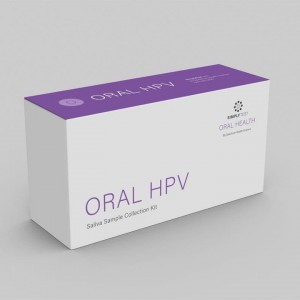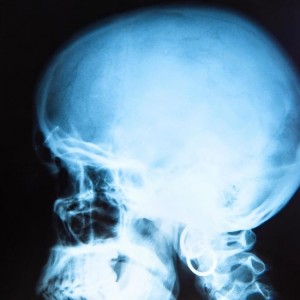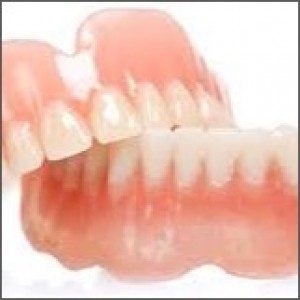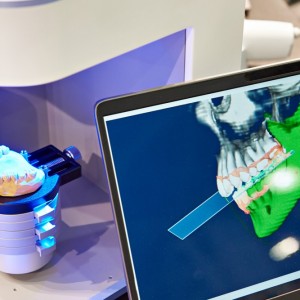
Correlation between pregnancy, increased risk of caries
Simona Chirico
During pregnancy, women experience a series of changes with many organs and parts of their body, including the oral cavity, that cause physical and physiological alterations.
In fact, a higher incidence of caries has been highlighted during this period. However, the onset and progression of caries is due to several factors. Saliva, for example, is a primary modifying factor and alterations in salivary properties during pregnancy could explain the increased incidence of caries. During pregnancy, salivary alterations could be related to the effects of estrogen, changes in diet, oral hygiene habits and taste alterations.
Materials and methods
The study conducted by Dr. Yousefi and team evaluated the risk factors of caries in each trimester of pregnancy related to saliva, including the concentration in it of calcium and phosphate, hydrogen ions, its buffering capacity, Streptococcus count Mutans and Lactobacillus present. Data on the amount of decayed, missing and filled teeth were also recorded. The study was published in August 2020 in the Journal of the American Dental Association.
The authors performed a literature search through major electronic databases up to July 1, 2019. Researchers included 29 studies in the meta-analysis, comprising 1,230 pregnant women and 715 non-pregnant women (control group).
Results
Salivary calcium concentration is decreased in the third trimester, according to the study. Salivary phosphate decreased in the second and third trimesters, and the concentration of hydrogen ions decreased in the first and third trimester.
The velocity of stimulated salivary flow is increased in the third trimester, and salivary S. mutans counts are higher in the second and third trimesters.
Conclusions
In the third trimester of pregnancy most of the salivary factors predisposing to the development of caries undergo changes and therefore may increase the risk of developing caries in the future. Interventions and screening for caries prevention in pregnancy should start in the first or second trimesters.
For more information, see: "Salivary factors related to caries in pregnancy: a systematic review and meta-analysis."
 Tag
Tag
 Related articles
Related articles
The etiology of some of the possible oral manifestations typical of a woman's pregnancy period lies in hormonal changes
In March, a number of countries agreed to stop the use of amalgam in dental treatment for pregnant women, breastfeeding women, and children. The move was agreed to by 130 countries during the March...
Products 05 November 2025
SimplyTest has launched a groundbreaking saliva-based test to detect high-risk strains of oral human papillomavirus (HPV), a major cause of oropharyngeal cancers.
Products 17 September 2025
Dentulu, the leading teledentistry provider expanding access to dental care through innovative at-home preventive services, today announces a partnership with Viome, the leader in AI-powered,...
Products 12 September 2025
Dentulu, the leading teledentistry provider expanding access to dental care through innovative at-home preventive services, today announces a partnership with Viome, the leader in AI-powered,...
 Read more
Read more
Much like EMTs rushing to the scene after an accident, stem cells hurry to the site of a skull fracture to start mending the damage. A new finding has uncovered the signaling mechanism that triggers...
Products 05 November 2025
SimplyTest has launched a groundbreaking saliva-based test to detect high-risk strains of oral human papillomavirus (HPV), a major cause of oropharyngeal cancers.
News 05 November 2025
Perimetrics, Inc., a dental technology company pioneering quantitative diagnostics, announced today that the U.S. Food and Drug Administration (FDA) has granted clearance for the InnerView...
News 05 November 2025
On October 15, open enrollment for Medicare began nationwide. Hundreds of thousands of seniors in New Jersey will once again face the challenge of finding the right Medicare coverage, including the...
Digital Dentistry 04 November 2025
Digitalisation is an expanding field in dentistry and implementation of digital teaching methods in dental education is an essential part of modern education.














